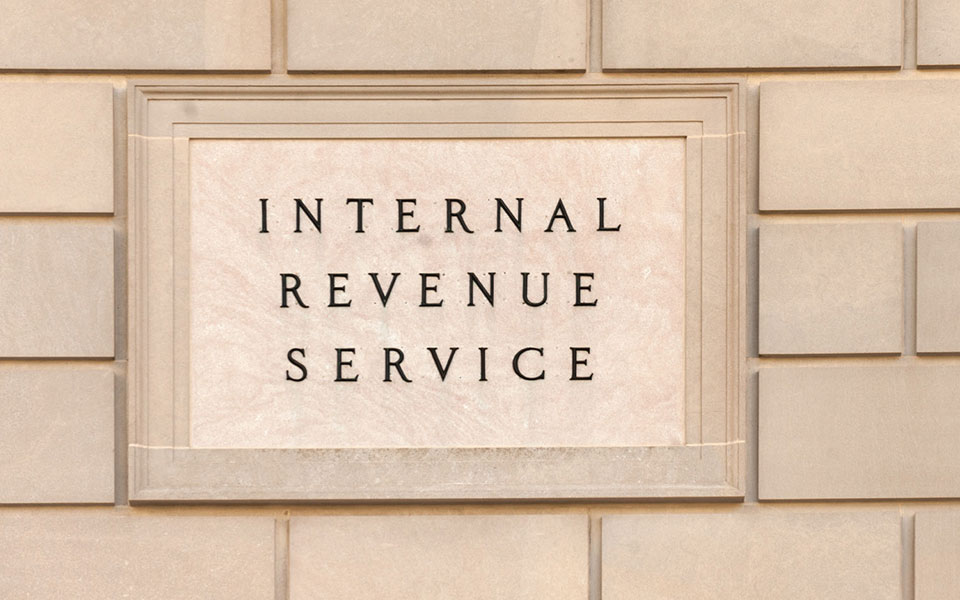The Internal Revenue Service updated its Frequently Asked Questions (FAQs) on Thursday, March 20, 2025, concerning situations involving the timing of wage adjustments for income tax purposes related to the Employee Retention Tax Credit (ERTC). The answer to Question 1 of the “Income tax and ERC section” reiterates that the most appropriate method is to reduce the deduction for wages paid or incurred in the year that relates to the ERTC refund claim, consistent with prior IRS guidance. The update, however, provides certain alternate and novel approaches under Questions 2 and 3 for dealing with the impact of the ERTC on the income tax deduction for wages.
Question 2 considers a situation where a company did not previously reduce its wage deduction in the year to which the ERTC claim relates and receives the ERTC refund in a subsequent year. The IRS indicates that the overstated wage deduction must be addressed, but the company is not required to file an amended return or Administrative Adjustment Report (AAR), if applicable, for the credit year. Instead, the IRS states that the company can use the “tax benefit rule” to increase gross income for the overstated wages deduction in the year the ERTC refund is received.
Question 3 then deals with a company that appropriately reduced its wages deduction in the credit year but subsequently has its claim for ERTC refund denied. In this situation, the IRS indicates that the company can file an amended return or AAR for the original credit year or, alternatively, it can (by using tax principles pertaining to unrealized expectations of expense reimbursement) increase its wage deduction in the tax year that the credit claim is denied.
It should be noted that FAQs do not carry the same weight as statutes, regulations or court cases, and only represent the IRS’s thinking at the time of issuance. They are therefore subject to change. Although FAQs may assist taxpayers in avoiding certain penalties, they are not the type of authority upon which taxpayers can rely to support tax return filing positions. That being said, there are underlying legal principles referred to in the new FAQs that may support such filing positions in appropriate circumstances.
If you find your business impacted by these new FAQs, please reach out to your CBIZ tax professional to explore these options further.
© Copyright CBIZ, Inc. All rights reserved. Use of the material contained herein without the express written consent of the firms is prohibited by law. This publication is distributed with the understanding that CBIZ is not rendering legal, accounting or other professional advice. The reader is advised to contact a tax professional prior to taking any action based upon this information. CBIZ assumes no liability whatsoever in connection with the use of this information and assumes no obligation to inform the reader of any changes in tax laws or other factors that could affect the information contained herein. Material contained in this publication is informational and promotional in nature and not intended to be specific financial, tax or consulting advice. Readers are advised to seek professional consultation regarding circumstances affecting their organization.
“CBIZ” is the brand name under which CBIZ CPAs P.C. and CBIZ, Inc. and its subsidiaries, including CBIZ Advisors, LLC, provide professional services. CBIZ CPAs P.C. and CBIZ, Inc. (and its subsidiaries) practice as an alternative practice structure in accordance with the AICPA Code of Professional Conduct and applicable law, regulations, and professional standards. CBIZ CPAs P.C. is a licensed independent CPA firm that provides attest services to its clients. CBIZ, Inc. and its subsidiary entities provide tax, advisory, and consulting services to their clients. CBIZ, Inc. and its subsidiary entities are not licensed CPA firms and, therefore, cannot provide attest services.
